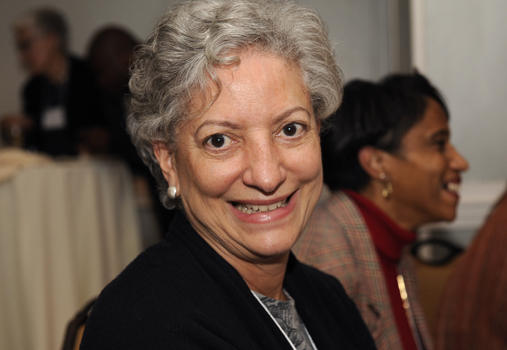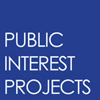Karen McGill Lawson

The Leadership Conference on Human Rights & The Leadership Conference Education Fund
A story that I tell is an old story about public school education in Philadelphia. This would have been in the early 1950s, in Philadelphia, and consider this is the North, this is the City (supposedly) of Brotherly Love. At a school on the west side of Philadelphia, which was a predominantly black neighborhood, not totally but predominantly, a young girl started first grade. And they didn’t have books, they didn't have reading books. To teach reading the teacher would write sentences on the board. And then a few months later, her family moved into the East Falls neighborhood, which was at the time predominantly a white neighborhood, it may still be. When she went into her first grade class there, the teacher asked her what book she was reading’ She said she wasn’t reading from a book, so the teacher gave her a reading test and said, “Well, if you weren’t reading from books, how did you learn to read?” And she explained that the teacher had written sentences on the board, and the young child read well enough to be placed in the top reading group in her new school. How horrible is that? That these schools, in the same city in the North, have different resources? But then there’s also the resourcefulness of the teacher in the classroom without books… Well, fast-forward to today, and the facts may be a little different, but it’s still the case that children in predominantly minority, low-income communities are not getting the education that should be a right for all children in this country—we need to talk about a basic human right to a quality education.


